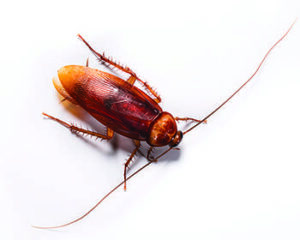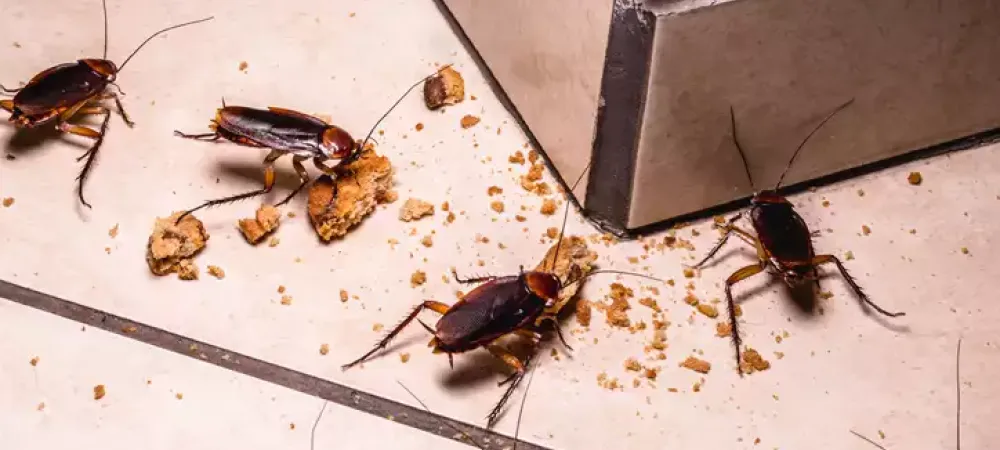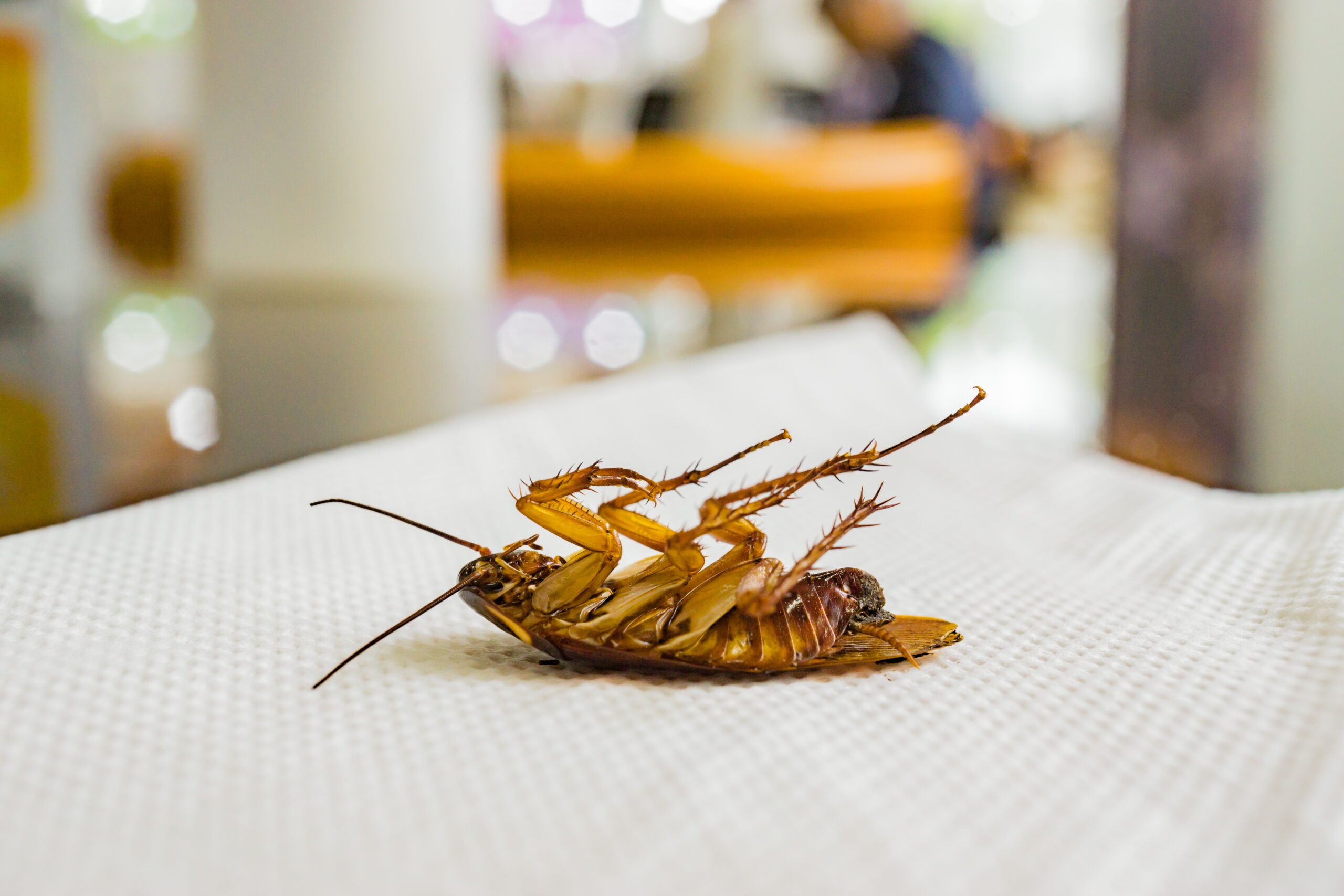Checking Out Various Pest Control Methods to Accomplish Long-Term Success in Handling and Protecting Against Problems in Residential Locations
Efficient pest control in houses necessitates a diverse approach that balances immediate results with long-lasting sustainability. By taking a look at a variety of methodologiesâEUR" including environmentally friendly solutions, chemical choices, and Integrated Insect Monitoring (IPM) âEUR" homeowners can develop methods that not just attend to present infestations however also protect against future events. This exploration reveals the possibility of cutting-edge practices and emerging technologies that may redefine traditional insect monitoring. What might these improvements require, and how can they change our understanding of pest control?
Understanding Parasite Control Techniques
Although bugs have actually existed alongside people for centuries, the techniques used to regulate them have actually developed dramatically over time. Recognizing these approaches is vital for properly managing and avoiding infestations in suburbs. Parasite control methods can be extensively categorized into three primary methods: cultural, mechanical, and chemical.
Cultural approaches concentrate on altering the environment to lower parasite destination and reproduction. Mechanical control involves physical barriers and traps to take care of parasites directly, such as displays, vacuum cleaners, and sticky traps.
Chemical control remains one of the most extensively made use of methods, entailing the application of pesticides to remove bugs. While effective, this strategy necessitates mindful factor to consider of safety, possible resistance development, and ecological impact. Integrated Parasite Administration (IPM) combines these approaches to produce an all natural technique, promoting lasting bug avoidance and very little harm to valuable microorganisms. By comprehending these various insect control approaches, property owners can make informed choices that advertise efficient monitoring and conservation of their home.
Eco-Friendly Insect Control Solutions
Exactly how can property owners efficiently handle pest issues while reducing their environmental impact? Environmentally friendly pest control services supply a sustainable option to typical methods, prioritizing the wellness of both locals and the surrounding ecological community. These remedies frequently utilize natural ingredients and strategies that interfere with bug habits without introducing dangerous chemicals right into the atmosphere.
One reliable strategy is making use of valuable pests, such as ladybugs and lacewings, which victimize typical insects like aphids and termites. In addition, diatomaceous earth, a natural powder made from fossilized algae, can be sprayed in locations where bugs are widespread, working as a desiccant that harms bugs while staying secure for humans and family pets.
Furthermore, carrying out safety nets is essential. roach control near me. Property owners can ensure appropriate hygiene by securing access factors, preserving clean home, and managing waste efficiently. Planting pest-repellent herbs, such as mint and basil, can likewise discourage undesirable site visitors
Inevitably, green insect control solutions equip homeowners to address invasions responsibly, promoting a safer living setting while promoting eco-friendly equilibrium. By welcoming these approaches, individuals can add to a much healthier world while efficiently handling pest-related concerns.
Chemical Pest Control Options
While environment-friendly remedies are significantly prominent, there are circumstances where chemical pest control choices might be needed for efficient monitoring of severe infestations. Chemical controls, including pesticides, fungicides, and herbicides, are usually used to quickly minimize bug populaces and minimize damage to homes and gardens.
These items can be categorized right into two main categories: artificial chemicals and natural pesticides. Artificial chemicals, such as pyrethroids and neonicotinoids, are engineered to target specific pests, supplying fast knockdown impacts. On the other hand, natural pesticides, stemmed from plant or mineral resources, may offer a more eco-friendly alternative while still supplying efficient results.
Before utilizing chemical pest control, it is crucial to perform a detailed evaluation of the infestation and recognize the particular pest included. This guarantees that the selected chemical is both effective and proper. Furthermore, property owners need to comply with security guidelines, including correct application techniques and individual safety tools, to lessen health dangers and ecological effect.
Integrated Bug Management Approaches

Organic control involves making use of all-natural predators or parasites to manage parasite populaces. Presenting ladybugs can help manage aphid invasions. Cultural techniques, such as plant turning, sanitation, and habitat modification, goal to make environments less for pest survival and recreation. Physical controls, like traps or barriers, can prevent bugs from going into homes or destructive crops.
Tracking and analysis are vital parts of IPM, enabling timely treatments based upon pest population limits. By prioritizing preventive procedures and using a mix of Full Report techniques, IPM not just addresses current infestations however additionally promotes long-term bug administration options that safeguard both human health and wellness and the setting. a knockout post This comprehensive strategy is necessary for lasting parasite control in residential areas.
Emerging Technologies in Insect Control
The development of arising modern technologies in parasite control is revolutionizing the method we manage pest populations, providing cutting-edge options that enhance effectiveness and performance. Advancements in precision agriculture, as an example, make use of information analytics and sensor innovations to monitor pest task and environmental conditions, permitting targeted interventions that minimize pesticide usage.
Furthermore, drones outfitted with imaging innovation are being employed to check huge locations for problems, giving real-time data that aids in timely decision-making. Additionally, biotechnology is playing a pivotal duty, with the development of genetically customized organisms (GMOs) designed to lower bug populations while preserving useful types.

Finally, wise traps and checking tools geared up with IoT capacities make it possible for property owners and insect control professionals to receive instant alerts about insect activity, assisting in punctual activity. Collectively, these emerging technologies not just enhance pest monitoring outcomes however additionally add to ecological sustainability by minimizing dependence on standard chemical treatments.

Verdict
In conclusion, effective bug control necessitates a multifaceted method that includes social, mechanical, and chemical approaches. The assimilation of these approaches is crucial for click for source achieving lasting success in parasite monitoring.